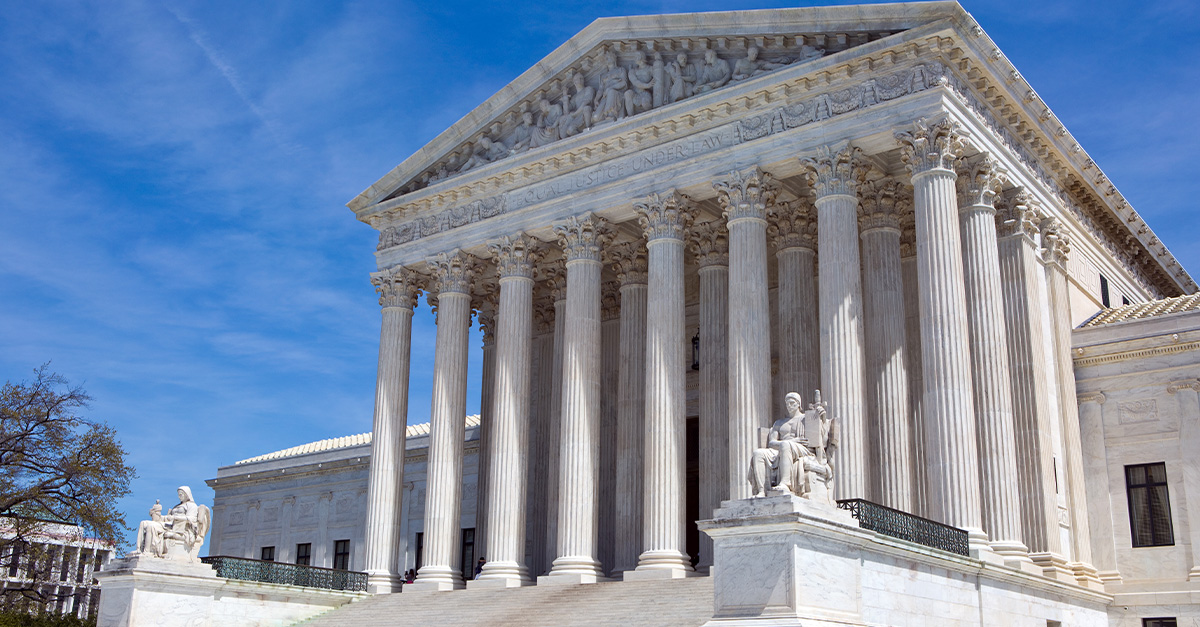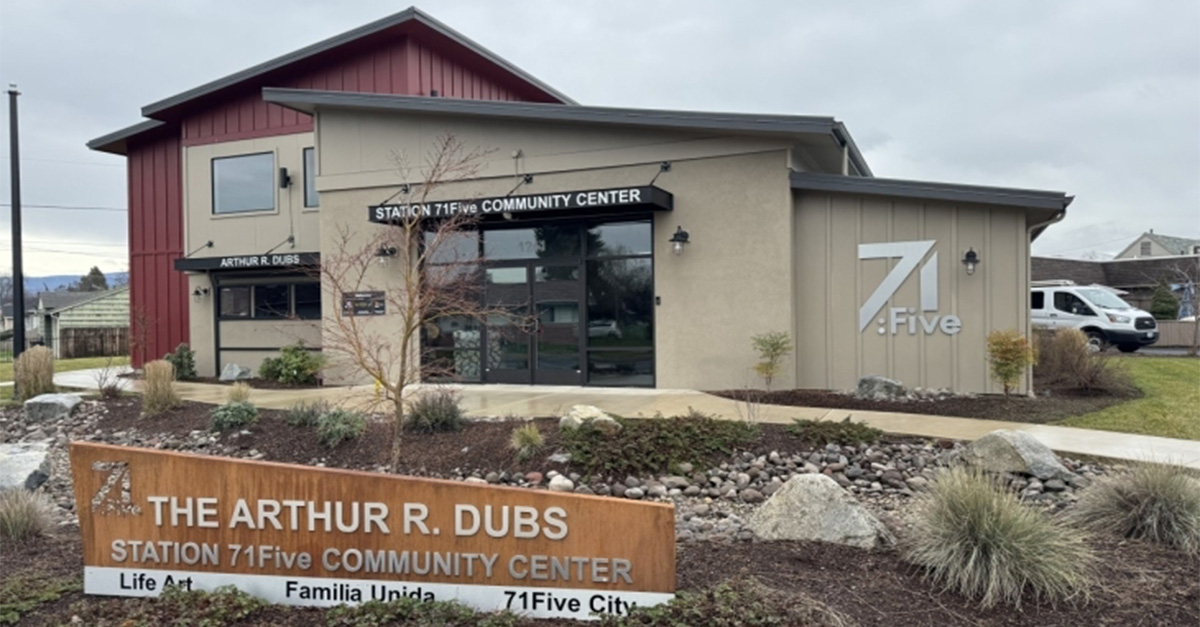


Get a free copy of Parental Rights & Education when you subscribe to our newsletter!

This 9-0 decision is really a victory for the free speech of all Americans, not just members of the National Rifle Association, because it slaps down those government officials who feel they have the right to censor and discriminate against viewpoints they don’t like.
In a unanimous decision, the Supreme Court has ruled that a New York state employee violated the Constitution when she coerced insurance companies and financial institutions to end their relationship with the National Rifle Association (NRA) due to her and former Governor Andrew Cuomo’s ideological opposition to the gun rights group.
The issue began when a gun control advocacy organization notified Maria Vullo, then-superintendent of the New York Department of Financial Services (DFS), that the NRA, was offering insurance called Carry Guard through third-party insurance companies to cover intentional criminal acts and that the NRA promoted the insurance without an insurance producer’s license.
Vullo believed that this was a violation of New York law, so she launched an investigation.
Lockton Companies administered the policies, while Chubb Limited and Lloyd’s of London would underwrite the policies.
Lockton and Chubb suspended Carry Guard after learning of the investigation.
However, Vullo went beyond investigating these violations and instead used the power of her office to coerce several financial institutions to drop the NRA, even promising leniency on other violations in return for helping her damage the NRA.
Vullo met with senior executives at Lloyd‘s on February 27, 2018, and told them of her support for gun control. She also told Lloyd’s that DFS “was less interested in pursuing” technical violations unrelated to NRA business as long as “Lloyd’s ceased providing insurance to gun groups, especially the NRA.”
The two reached a deal: Lloyd’s “would instruct its syndicates to cease underwriting firearm-related policies and would scale back its NRA-related business,” and “in exchange, DFS would focus its forthcoming affinity-insurance enforcement action solely on those syndicates which served the NRA.”
On April 19, 2018, Vullo issued Guidance Letters in which, according to the ruling, she encouraged DFS-regulated entities to: (1) continue evaluating and managing their risks, including reputational risks, that may arise from their dealings with the NRA or similar gun promotion organizations; (2) review any relationships they have with the NRA or similar gun promotion organizations; and (3) take prompt actions to manage these risks and promote public health and safety.
She and Cuomo also issued a press release urging “all insurance companies and banks doing business in New York” to join those “that have already discontinued their arrangements with the NRA.”
In response, the NRA filed suit against state officials.
A district court denied Vullo’s motion to dismiss the trial, noting that her actions and those of then-Gov. Cuomo could be viewed as a threat to regulated industries.
The case was appealed to the U.S. Court of Appeals for the Second Circuit, which sided with Vullo and dismissed the case.
Yesterday, the Supreme Court ruled 9-0 that the Second Circuit had erred in its decision to dismiss the case.
Justice Sonia Sotomayor wrote the opinion for the Court, stating that the Second Circuit “failed to analyze the Guidance Letters and press release against the backdrop of other allegations in the complaint, including the Lloyd’s meeting.”
Sotomayor argued that the precedent set by the Court in Bantam Books, Inc. v. Sullivan guided the Court’s interpretation of the case. She wrote,
“Six decades ago, this Court held that a government entity’s ‘threat of invoking legal sanctions and other means of coercion’ against a third party ‘to achieve the suppression’ of disfavored speech violates the First Amendment. Today, the Court reaffirms what it said then: Government officials cannot attempt to coerce private parties in order to punish or suppress views that the government disfavors.”
Sotomayor reasoned that Vullo’s actions could be reasonably understood as a coercion or inducement for regulated companies to drop the NRA due to her authority to launch investigations into the companies.
“A government official can share her views freely and criticize particular beliefs, and she can do so forcefully in the hopes of persuading others to follow her lead,” Sotomayor ruled. “In doing so, she can rely on the merits and force of her ideas, the strength of her convictions, and her ability to inspire others. What she cannot do, however, is use the power of the State to punish or suppress disfavored expression.”
She concluded,
“In sum, the complaint, assessed as a whole, plausibly alleges that Vullo threatened to wield her power against those refusing to aid her campaign to punish the NRA’s gun-promotion advocacy.”
The case will now be sent back to lower courts for a decision based on the Supreme Court’s guidance.
William A. Brewer III, counsel to the NRA, issued a statement saying,
“This is a landmark victory for the NRA and all who care about our First Amendment freedom. The opinion confirms what the NRA has known all along: New York government officials abused the power of their office to silence a political enemy. This is a victory for the NRA’s millions of members and the freedoms that define America.”

This ruling is really a victory for all Americans, not just NRA members. That’s because despite centering around the nation’s largest gun rights organization, this case was not about gun rights This is a case about free speech and free association.
New York state officials are entitled to their views and they are fully able to express their views on gun policies. They are free to enact and enforce constitutional gun laws. As Sotomayor noted, they are also fully able to investigate and potentially prosecute any violations of state law by the NRA.
What they are not free to do is threaten companies who do business with the NRA in an attempt to harm an organization or product they disagree with.
The government cannot use the power of the state to go after ideological opponents. Sotomayor quoted the Seventh Circuit’s ruling in a similar case writing,
“‘The analogy,’ the Seventh Circuit explained, ‘is to killing a person by cutting off his oxygen supply rather than by shooting him.’ So too here. One can reasonably infer from the complaint that Vullo coerced DFS-regulated entities to cut their ties with the NRA in order to stifle the NRA’s gun-promotion advocacy and advance her views on gun control.”
Vullo and Cuomo were attempting to damage the NRA by cutting off its oxygen rather than pulling the trigger, and they are not alone. Increasingly, state officials feel it is their right — their duty even — to use their authority to advance their own personal beliefs. They represent a new breed of secular moralizers who don’t just wag their fingers but use the immense power and resources of the state to silence and crush those who disagree with them.
Thankfully, the Supreme Court saw through the shakedown in this case and has taken a huge step toward restoring Americans’ right to free speech by unanimously ending this particularly insidious form of government censorship.
Now other courts need to take heed, follow suit, and start ruling rightly whenever they see the type of self-righteous viewpoint discrimination and coercion that’s being increasingly perpetrated on Americans by the government class.
If you like this article and other content that helps you apply a biblical worldview to today’s politics and culture, consider making a donation here.
